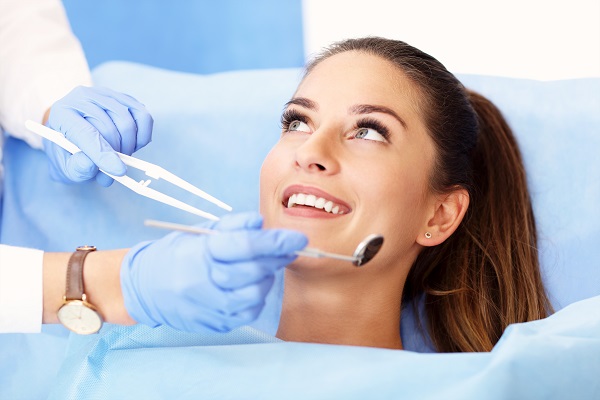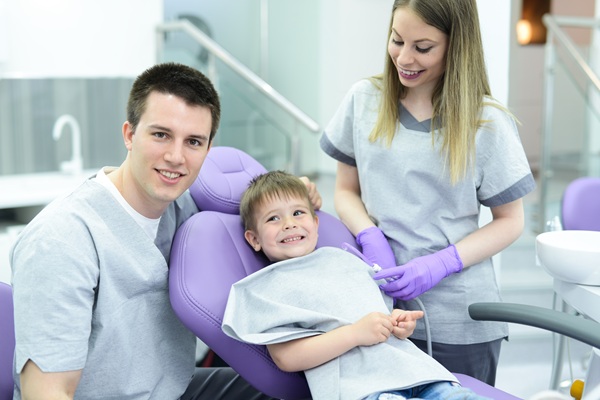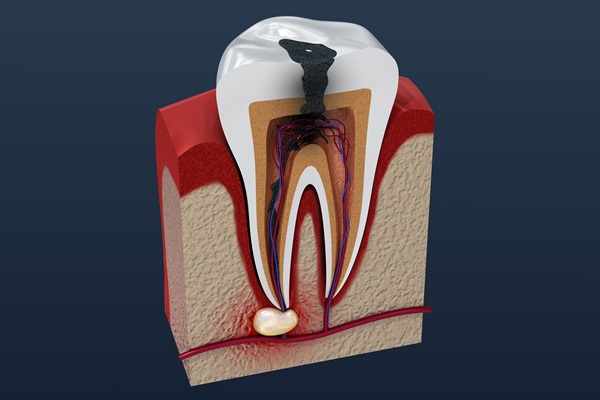How to Care for a Root Canal Tooth

You should consider root canal treatment if you have a tooth infection or a severely damaged, decaying tooth. It is a popular procedure that can save your tooth and relieve your dental pain. After the procedure, you should take proper care of your treated tooth.
Caring for a root canal tooth
After root canal treatment, the dentist will send a patient home with instructions on how to care for the tooth during recovery and pain management. Following the guidelines is important. A treated tooth can last for a long time with proper care. Here are a few tips on how to care for a root canal tooth.
Brushing and flossing
Patients can keep the area clean and avoid infection with a good daily oral health routine. This will involve brushing the teeth at least twice every day and flossing once each day. A person should brush for a few minutes with fluoride toothpaste. But a person should be careful flossing around the tooth, and the floss should not be pulled upward near the crown. Cleaning between the teeth daily is also important. Seeing a dentist regularly is highly recommended because it will allow the teeth to be examined and cleaned to make sure the teeth are healthy and strong.
Eating after a root canal
After the procedure, a patient should avoid biting down or chewing on the treated tooth until the dentist fully restores it. This will ensure that it is not damaged. Waiting until the numbness in the mouth wears off before eating any food will help avoid accidentally biting the cheek or tongue. People should choose the foods they eat carefully.
Soft foods are a good option after the procedure to avoid irritating the sensitive area. Recommended foods include oatmeal, soup with soft vegetables, scrambled eggs, pasta and mashed bananas. Hard and sticky foods should be avoided, as these can crack the restoration.
Taking medication
As the medication used to numb the mouth wears off, a patient may feel tenderness in the area for a few days during the healing period. Mild soreness is also not unusual. These symptoms are usually temporary and respond well to over-the-counter medication. Sometimes, a dentist may also recommend stronger, narcotic medication. If the infection spreads after the treatment, the dentist can prescribe antibiotics.
Contacting a dentist
A patient may experience a slightly different sensation from the treated tooth than the other teeth for a while. But people are advised to contact a dentist if they experience symptoms including pressure or severe pain lasting for more than a couple of days, visible swelling outside or inside the mouth, an allergic reaction to any medication or if the bite feels uneven. A person should also see a dentist if symptoms experienced before the procedure return. This will help ensure that any problems are detected and treated early.
Take care of your teeth
After a root canal procedure, take care of your treated tooth and other teeth by brushing and flossing daily. You should return to your dentist if you experience any problems. To protect your treated tooth, it is important to follow your dentist’s instructions on how to care for your tooth. Eating foods that do not put pressure on your tooth will also help.
Are you considering getting a root canal in the Santa Ana area? Get more information at https://crispinchangdds.com.
Check out what others are saying about our dental services on Yelp: Root Canal Treatment in Santa Ana, CA.
Recent Posts
Patients often search for root canal treatment when a tooth aches from deep decay, a crack, or inflamed pulp tissue. This therapy removes irritated nerve tissue, disinfects the canal space, and seals the tooth to prevent reinfection. By preserving the natural root, the procedure maintains bite balance and chewing strength. With careful planning, a restored…
It is important to see your general dentistry office twice a year for regular cleanings and checkups and to make sure you do not need any procedures like a root canal. The cleanings will not only remove plaque that is building up on your teeth which reduces tooth decay, but this will also help prevent…
It is hard to know whether you need a root canal procedure on your own, especially in the early stages of the problem. You may not notice any physical symptoms until the problem reaches its advanced stage, which is the reason regular dental checkups are important. However, if you do not visit a dentist to…
A preventive dentist promotes long-term oral wellness by focusing on early detection, regular checkups, and proactive measures to protect teeth and gums from disease. By prioritizing prevention, you can avoid many dental issues before they even begin. Explore some of the most frequently asked questions about preventive dentistry, gain valuable insight that can help you…


